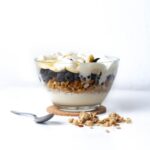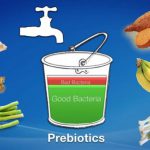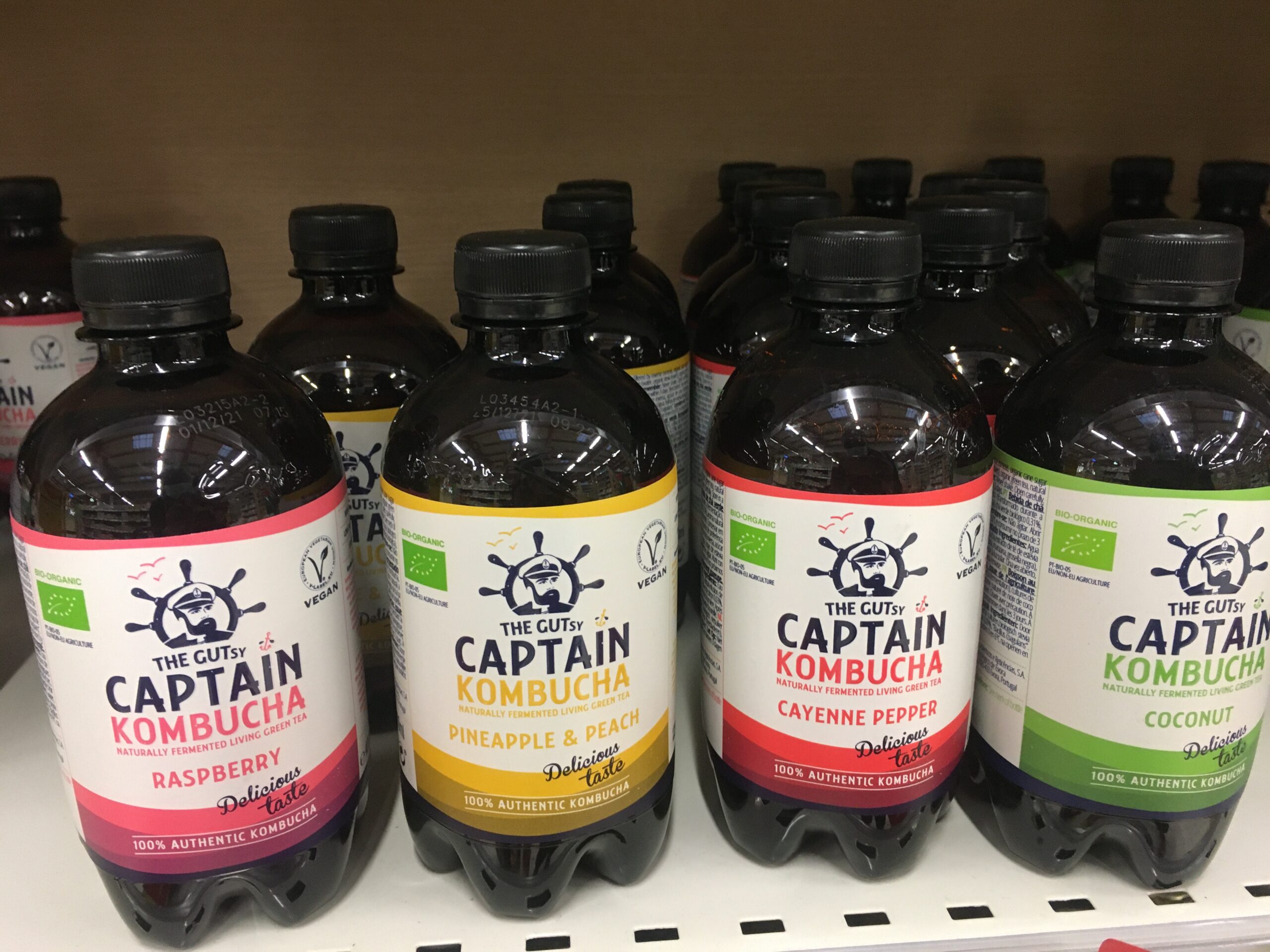Perhaps you may have never heard of it but Kombucha has constantly hit the headlines for its “magical benefits” and the nutrition science world has always had to answer to all the claims. In this article, I will go ahead and give you some evidence-based insight about Kombucha!
Kombucha is basically, fermented tea made with black or green tea that has been consumed for so many years since it originated from the NorthEast of China around 220 B.C and it was initially given a huge prize for its healing prowess to the then Emperor Inkyo after which it spread into Europe and to the rest of the world.
Kombucha is classified as a functional beverage that is an alternative to sodas and other fizzy drinks. The process of making it can vary from one producer to another but it simply involves a double fermentation process where SCOBY- a pancake-shaped culture of bacteria and yeast is placed in a sweetened tea and left to ferment at room temperature for 1-3 weeks and then bottled for 1-2 weeks to contain the released carbon dioxide and encourage carbonation. From there, bottled kombucha is placed in a refrigerated environment to slow down the carbonation and fermentation process.
Before I hurt your head more does Kombucha really deliver all the nutrition goodness or is brewing it just another health CLAIM?
So solid studies on Kombucha show that it has some antimicrobial and antioxidant qualities and could even reduce the risk factors of heart disease and blood sugar levels but those specific studies have only been done on Rats. There are just a few studies that have been completed to stamp the benefits on human beings.
Kombucha has some useful bacteria that grow in the booch, there are still no clinical trials that evidence the probiotic benefits of kombucha. It however contains several species of lactic-acid bacteria that may have a probiotic function. Probiotics provide your gut with healthy bacteria and these bacteria can improve many aspects of health including digestion, inflammation, and even weight loss.
So is it still worth it to drink it? Yes, even if human studies on the effects of Kambucha are few and the evidence for its benefits may not be proven as the magical juice, it could act as a great alternative to soda and other processed drinks, it may provide the benefits of green tea, provide you with great bacteria for your gut!
If you are used to buying your booch from the stores, always choose those packaged in glass bottles since Kombucha can degrade and become corrosive on plastic bottles over time because it’s actually technically is a live culture. You should also go for those in dark bottles to avoid damage to the probiotics from exposure to light. Also always judge it by the ingredients section and only buy Kombucha that has the shortest ingredient list and at least components you can pronounce because it can be another culprit for artificial flavors that may end up not getting you Kombucherific results!
Also, pay attention to the serving sizes on the bottle you buy because you don’t want to go over 240 ml per day. I know some people may like it too much but over-drinking the booch may cause excess calorie consumption, bloating, gas, digestive distress, a higher sugar, and caffeine intake especially from the sweetened or flavored brews, and in fact, for some people, it could promote the growth of other opportunistic bacteria because it’s unpasteurized. This is for instance people with weak immune systems like those with cancer, kidney disorders, or HIV.
On rare occasions, you can have an allergic reaction, acidosis, and liver complications due to a contaminated brew. Since Kombucha has small amounts of caffeine and alcohol, pregnant and breastfeeding women should avoid it as well.
Depending on the processing of the Kambucha, there may be a little bit of alcohol that could range from 1-3%. While this may seem little to many, you definitely don’t want to make it rain with the brew unless you are on a Happy hour, if you know what I mean.
Bottom line: The booch is really not an essential addition to your daily routine and if you like it, then that’s fine you can continue having it. But if you don’t like it, you can really get similar benefits from yogurt, kefir, and sauerkraut. So while nutrition science keeps brewing up on the human benefits to date, keep booching the right way!









